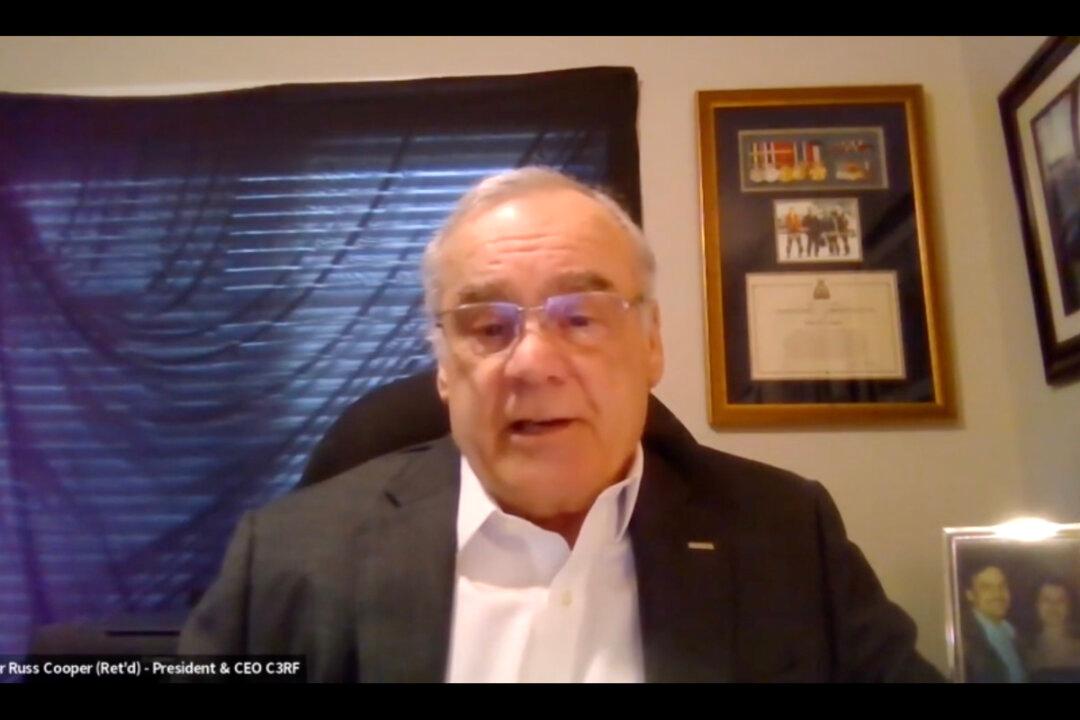Some Canadian police and military officers are increasingly concerned about violating their oaths to protect the public as they enforce the COVID-19 health measures and restrictions, a Charter rights advocacy group says.
Russ Cooper, president and CEO of Canadian Citizens for Charter Rights and Freedom (C3RF), said he finds it “quite disturbing” to see members of the Canadian police forced to violate their oaths of service—whether they were taken upon the Charter or sworn to the Queen—to protect the Canadian public.





